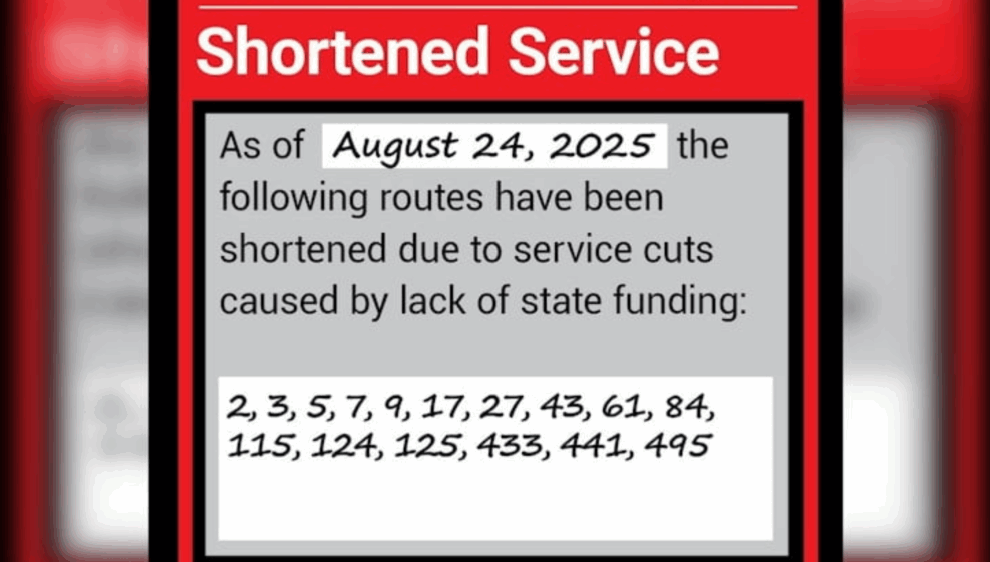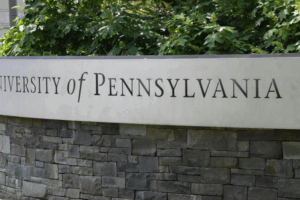“It’s going to be bad on so many levels,” a transit advocate said.
On Sunday, large-scale reductions in SEPTA service began as the public transit system experiences funding cuts and is expected to cause a disruption in the city.
Students in Philadelphia will be experiencing alternate bus routes to school and possibly more transfers. Buses and trains will be more infrequent at night for those who utilize late-night transportation services.
Another concern is an increase in traffic in the city, with more people potentially deciding to drive with the cuts to SEPTA service causing a disruption in travel for daily transit riders.
“It’s going to be bad on so many levels for so many people, you can’t even quantify it. Day by day and week by week, it will get worse,” said Connor Descheemaker, coalition manager of Transit for All PA, in a recent interview.
The SEPTA service reductions include a cut of 20% of its total service. A total of 32 bus lines will be eliminated, including routes that serve schools. Another 16 bus routes will be shortened. Buses, trolleys, and subways are expected to reduce the frequency of their service.
At the beginning of September, Regional Rail service will be reduced.
Fares are also expected to increase by 21.5% across transportation types. The one-way SEPTA fair will be increasing to $2.90.
Without a stable, long-term funding source for public transit across the state, SEPTA is experiencing a $213 million hole in its operating budget.
In Harrisburg, the state’s divided legislature continues to be at odds over a transit funding plan and the annual budget that is two months late.
Earlier in August, Senate Republicans proposed a plan that would provide a two-year bridge for SEPTA by shifting money from accounts in the Public Transportation Trust Fund that have been going unused. The proposal would have generated about $1.2 billion, with half going towards SEPTA and the other half towards fixing rural roads and bridges.
House Democrats voted the next day not to consider the proposal. SEPTA also said it did not want to use funds needed for capital improvement projects.





